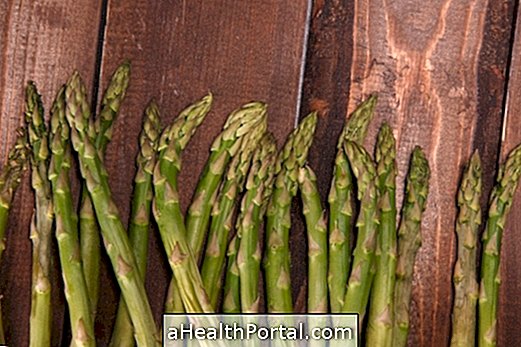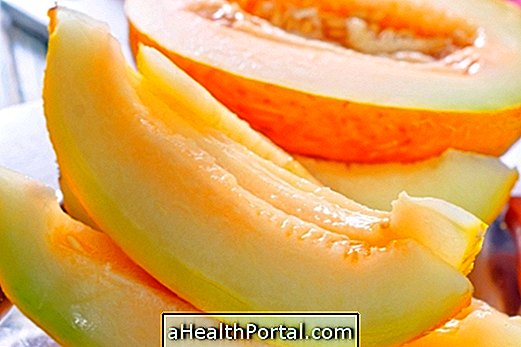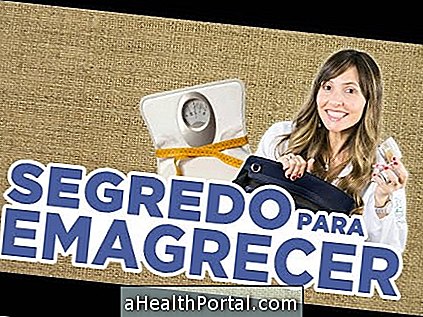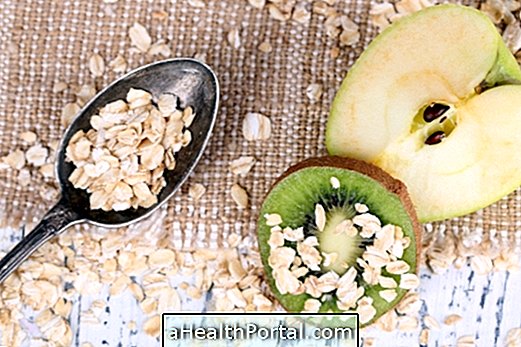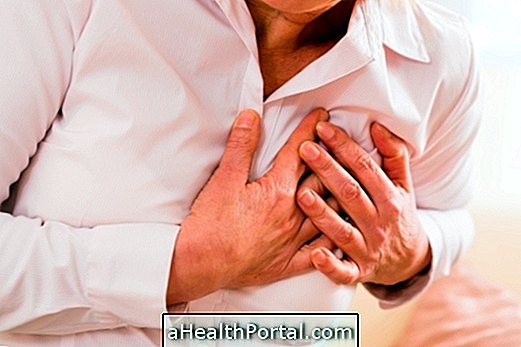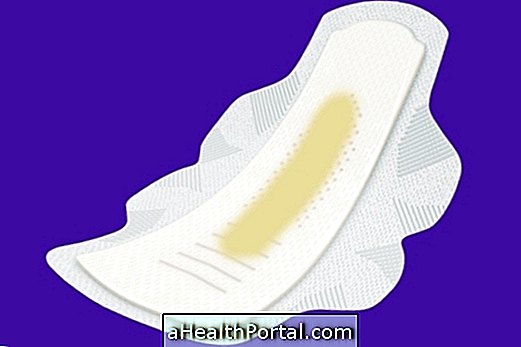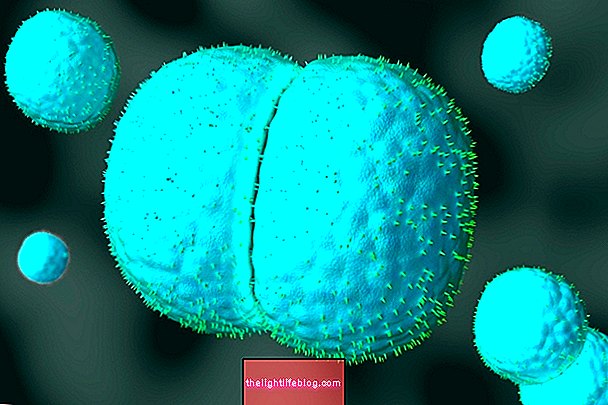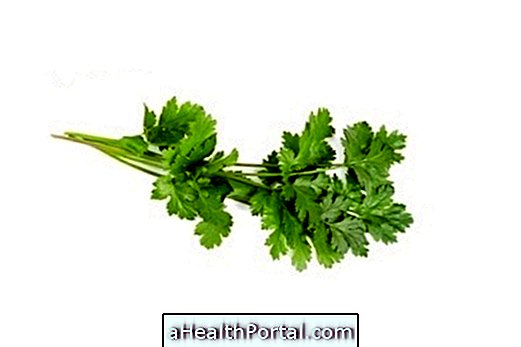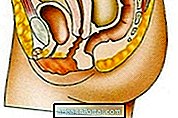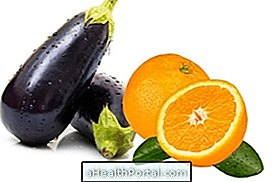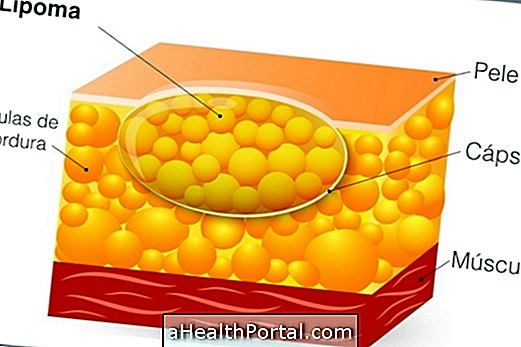Eating egg daily does not do health and even brings several benefits to the body, such as helping control cholesterol, promote muscle gains and prevent eye disease.
The egg has been known to do health damage because its yolk is high in cholesterol, but studies show that cholesterol present in natural foods does not do to health, because processed foods that deregulate cholesterol, such as bacon, sausage, ham, sausage, stuffed biscuits and fast food.
How many eggs can I eat per day?
Studies do not show a consensus on the amount of eggs allowed per day, but consuming about 2 to 4 units per day does well for health. For people with diabetes, it is best to consume at most 1 to 2 units per day, along with a balanced diet to maintain proper cholesterol and blood glucose levels.
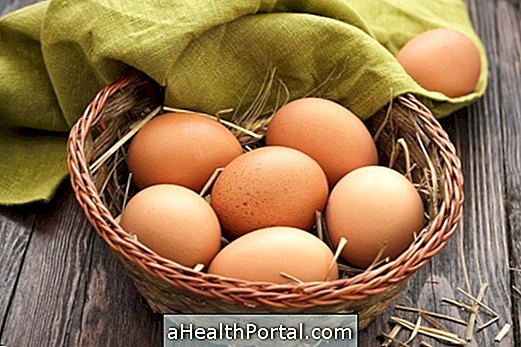
Raw egg increases risk of intestinal infection
Raw or poorly fed eggs may contain Salmonella bacteria, which causes fever, vomiting and severe diarrhea, and is even more dangerous in children. That is why you should avoid their poor consumption and also products that have raw eggs as ingredients, such as mousses, mayonnaises, toppings and cakes.
The best choice is to consume the boiled or fried egg without adding oil or butter, so as not to increase the amount of calories and fat consumed in the diet.
Test to know if the egg is good

A good way to know if the egg is still good to consume is to place the still intact egg in a glass of water. If it floats is because it already contains much air in its interior, and so it is old or damaged and should not be consumed. The ideal is to consume only the egg that is in the bottom of the cup or in the middle of the water.
White or brown eggs have the same health benefits, and it is important at the time of purchase to observe only the quality of the shell, which should be clean, matte and free of cracks. Already at the time of preparation, the clear must be thick and viscous and the gem firm and centralized, without undoing after the breaking of the shell.
It is also important to remember that the eggs should be stored in the refrigerator, preferably in the internal part, because the glacier door suffers many temperature variations, which impairs the conservation of this food.
Benefits of Egg
In addition to not harming the heart, other benefits are:
- Increased muscle mass because it is a good source of protein;
- Prevent diseases such as cancer, being rich in antioxidants such as tryptophan and tyrosine;
- Decrease the absorption of cholesterol in the intestine by being rich in lecithin;
- Prevent premature aging by being rich in selenium, zinc and vitamins A and E;
- Combat anemia, by containing iron and folic acid;
- Protect vision by containing the antioxidants lutein and zeaxanthin;
- Maintain bone health by containing calcium and phosphorus;
- Helps in the formation of fetal memory and prevent breast cancer, because it contains choline;
Thus, the egg should not only be consumed in cases of allergy to albumin, which is the protein of this food that is present in the clear. Look at the symptoms of egg allergy.

How to prepare eggs in a healthy way
Here are some healthy recipes.
How to make egg in the microwave:
Another easy and practical way is to prepare it in the microwave, because it also does not take oil. You should heat a plate deep in the microwave for 1 minute, open the egg in the dish, season it and stick the yolk so that it does not burst. Then put everything in the microwave for another minute.
How To Make Poached Egg:
To make the poached version, you must break the egg carefully and transfer it to a pan with boiling water, which is when the first balls of air begin to form at the bottom of the pan. Let the egg cook for about 7 minutes and remove with the aid of a skimmer, letting the water drain before placing it on the serving plate.
How to make fried egg without oil:
To avoid the use of oil, place the egg in a well-heated nonstick skillet, add 1 tablespoon of water and cover the skillet so the egg cooks with the steam.
How to make egg farofa:
For each egg one should use 4 tablespoons of cassava flour, 1 tablespoon chopped onion and half a tablespoon of oil, butter or margarine. You should brown the onion in the butter, add the egg and when it is almost cooked, add the flour gradually.
How to Make Clear Omelette:
For those who can not eat egg yolks in excess, the ideal is to make a clear omelet.
Ingredients:
- 3 clear
- 1 tablespoon water or milk
- 1 cup tea cooked vegetables (tomato, carrot, broccoli)
- ¼ cup cottage cheese or ricotta
- Salt and black pepper to taste
Method of preparation
In a bowl, combine the egg whites, the milk and the seasonings. Put in a preheated skillet and cook for 2 minutes. Add the stuffing of vegetables and cheese, or fill as you prefer, letting the cheese cook until the cheese melts.
See the egg's nutritional information and find out if its calories fit into your diet.
